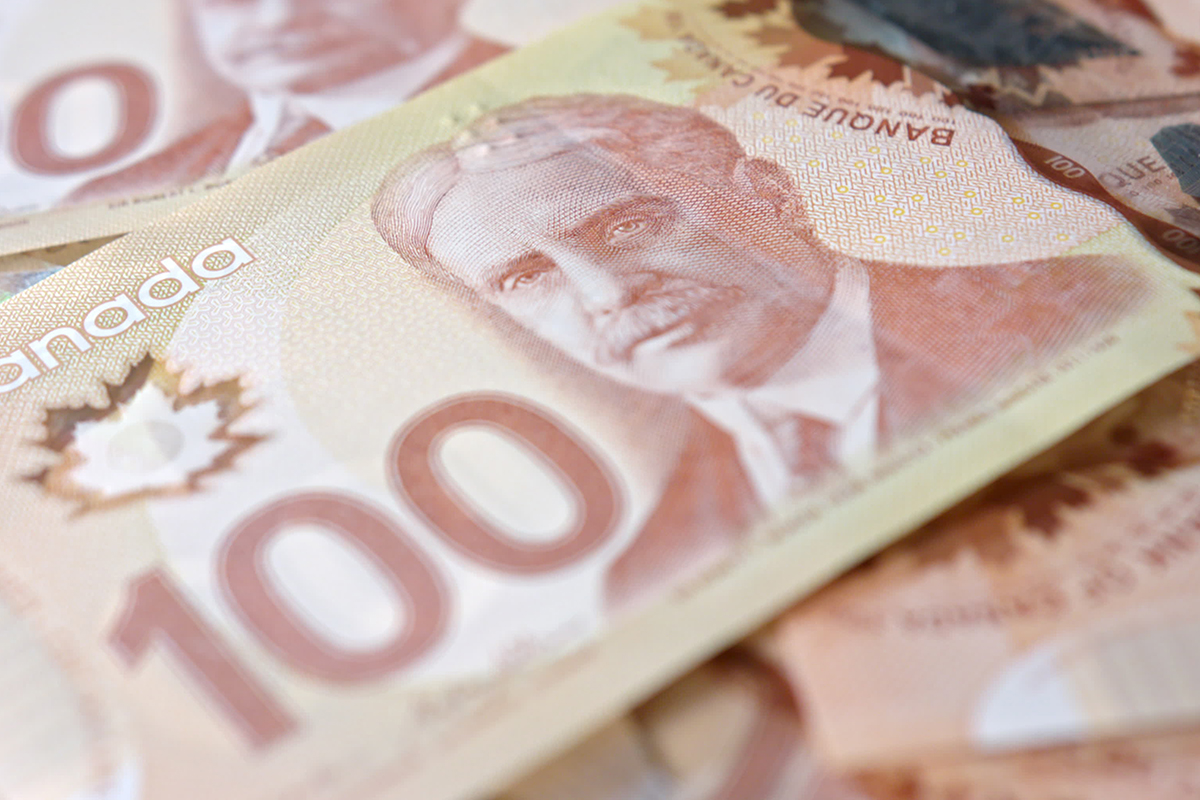If you are facing criminal charges, you need a criminal defence lawyer in Calgary to look at your case as soon as possible.
A court can make you pay a fine if you break the law. You can learn more about fines and their implications here.
The Criminal Code of Canada, Sections 734 to 737, explain how fines work in our legal system.
A judge will give you a fine based on how severe your crime was and how much money you have. The Criminal Code says that people can pay a fine instead of going to jail for some crimes. People who commit less serious crimes usually have to pay a fine.
The court can give you more time if you can’t pay your fine right away. For alternative options like a suspended sentence or probation, you can read more about the probation process here.
You could get face more trouble with the law if you don’t pay your fine. The court might issue a warrant for your arrest or raise the amount you owe.
Strategic Criminal Defence is a top Google-rated criminal defence firm in Calgary, with over 500 5-star reviews. Our firm, and our experienced legal team, have defended clients in over 10,000 criminal cases. Leveraging our extensive network of lawyers and decades of experience, we craft defence strategies to help those accused of criminal offences beat the charges.
The lawyers at Strategic Criminal Defence are both highly experienced and dedicated to defending your rights and future in the face of these charges. Contact a lawyer today by calling (403) 719-6410.
Key Takeaways
- If you are found guilty of a summary conviction offence, which is less serious, the most you can be fined is usually $5,000. Fines for indictable crimes, which are more serious, can be much higher, and in many cases, there is no set maximum.
- For a lot of crimes, especially for first-time offenders or crimes that aren’t very serious, judges can choose to give fines instead of jail time.
- When deciding how much to fine you, courts will have to consider how much money you have. They might let you pay it off in installments.
- If you don’t pay your fines, you could lose your driver’s licence or even go to jail.
- You can fight charges in a lot of different ways, even if you have to pay fines. You can question the evidence, review the officer’s actions, or look for another way to solve the problem.
- With the right legal help and preparation, you can still win cases that involve fines.
How Our Lawyers Help With a Fine
If you’re being charged with an offence that comes with a fine, our lawyers can help.
- We can help you know what your rights and options are even before you are charged. Getting help early on might keep you from getting formal charges at all.
- Our team can help you not say anything to the police that could hurt your case. We can help you talk to the police by telling you when to speak and when to stay quiet.
- Our lawyers know how the courts in Calgary work and can handle complicated legal issues.
- We know what arguments work best with different judges and prosecutors, can talk them down from higher fines or find other solutions.
- During the trial, our lawyers will professionally present your case, ask police officers about their investigation, and question any evidence that may have been collected by violating your rights.
Examples of Fines
- A woman was caught going 40 km/h over the speed limit. The police officer gave her a $233 ticket as per Alberta’s Traffic Safety Act. She also lost four points on her driver’s licence. She can either pay the fine or go to traffic court to fight it.
- A man was drinking beer in a public park to celebrate his college graduation when bylaw officers came by. He had to pay $115 because it is against the law in Alberta’s Gaming, Liquor, and Cannabis Act to drink in public. This is a crime that won’t show up on your criminal record. You have to pay or fight the ticket by the due date.
- A guy went fishing but forgot to get a new licence. A conservation officer looked at his ID and gave him a $250 fine under the Fisheries Act. If you are found guilty of this federal crime, you have to either pay the fine or request to have the ticket reviewed.
Consequences of a Fine
Getting a fine in Canada has different effects, depending on the offence. You can receive a fine for breaking laws at the federal level (like the Criminal Code), the provincial level (like highway traffic acts), or the provincial level (like noise bylaws).
- The amount of money you could have to pay for breaking the law depends on the offence. For summary criminal convictions, the most you can be fined is $5,000. Judges have a lot of leeway when it comes to sentencing because most summary offences don’t have minimum fines.
- A lot of crimes are hybrid, which means that the Crown prosecutor can choose between a summary conviction and an indictment. For instance, impaired driving is a hybrid offence that, if prosecuted summarily, has a minimum fine of $1,000 for a first offence.
- Provincial offences like speeding and drinking and driving usually have set fines that are different in each province. Most of the time, fines for provincial offences are between $50 and $500. But if you commit a serious offence, you could have to pay more than $1,000.
- Fines for breaking city bylaws usually range from $100 to $500, but this depends on the city and the offence. These don’t usually put people in jail, but if you don’t pay them, they can cause problems like liens on your property.








